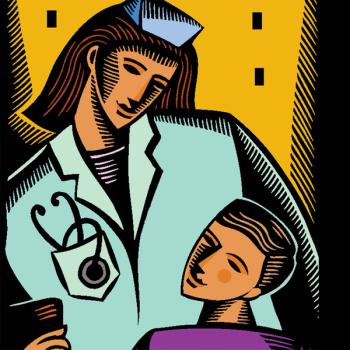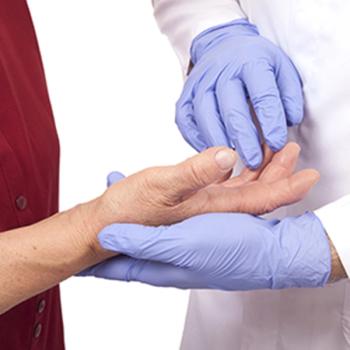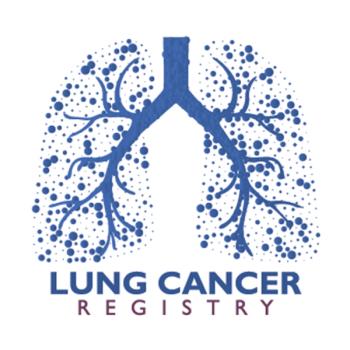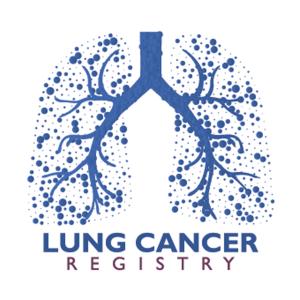
The treatment landscape of ovarian cancer continues to change with the recent approvals of new agents.

The treatment landscape of ovarian cancer continues to change with the recent approvals of new agents.

For women with ovarian cancer, the message is clear: participating in clinical trials, even early-phase ones, offers the best hope for better treatments, but efforts are urgently needed at every level to ensure that more of these research opportunities are available.

Opening the 20th Annual Ovarian Cancer National Conference in Chicago, John Moroney, M.D., underscored the challenges that remain in the early detection and treatment of ovarian cancer, but also the tremendous hope that resides in robust clinical trial research.

Finding out that you have a BRCA or other mutation that increases your risk of cancer is a frightening and often confusing prospect, but even one supportive voice can make a huge difference.

The program XRAYS is a resource to help patients, survivors and their loved ones make sense of the articles on hereditary cancer they see in the mainstream media and via social media platforms.

Promising results from a new agent may set the stage for a new standard of care for patients with TRK fusion mutations.

An online tool helped patients to report their symptoms in real time, improving survival, according to findings presented at ASCO 2017.

The psychotherapty known as CALM has been shown to ease depression and distress in patients with advanced cancer.

Patients with in immunotherapy-naïve and pretreated patients with advanced melanoma saw a 50 percent overall response rate (ORR) when adding a formulation of the Coxsackievirus A21 (CVA21; CAVATAK®) to Yervoy (ipilimumab) – a combination which was well-tolerated.

An observational study showed that patients with stage 3 colon cancer who frequently ate tree nuts were more likely to have better outcomes.

Knowing that parents of critically ill infants in the neonatal intensive care unit (NICU) receive a specific set of nursing-based supports, a team of nurses at UC Irvine Health in Huntington Beach, California, set out to find out whether lessons from the NICU can be applied in the inpatient oncology setting and developed an evidence-based protocol modeled on the NICU experience.


A group of nurses teamed up to educate fellow staff members and patients about oral mucositis and the treatment options for the cancer side effect.

The two oral medicines will be packaged together, only requiring one prescription and one copay, for HR-positive, HER2-negative advanced breast cancer in postmenopausal women.

The emergency box helps nurses prepare to treat patients with any reaction that may arise.

A team of nurses is working to improve patient needs as they prepare to leave the hospital.

The time sitting in the infusion chair before receiving chemotherapy can be a challenge, but a team of nurses are working to improve the patient experience.

Effective pain relief in cancer care depends on a personalized assessment.

Patients with glioblastoma multiforme (GBM) saw a 37 percent reduced risk of death and increased overall survival (OS) when treated with tumor treating fields (TTFields), according to a landmark analysis of the findings from the EF-14 trial.

After a shocking diagnosis, Heather Von St. James is on a mission to spread awareness about mesothelioma.

Opdivo (nivolumab) showed better long-term survival rates than expected for patients with metastatic non-small cell lung cancer (NSCLC).

As researchers test new treatments for GBM, understanding the unique needs of patients with this diagnosis and their caregivers remains crucial.

It is vital to have diverse groups of patients register for clinical trials so that treatment advances can continue to be made.

A recent study found that patients with metastatic renal cell carcinoma may see extended response even after stopping immunotherapy treatment.

A recent study examined if the benefit from the drug brentuximab vedotin was worth the neuropathy that it causes for many patients with lymphoma.

According to a recent survey, most patients with lung cancer are willing to undergo additional biopsies if they have a grasp on how and why it could help them.

A four-step approach proved to be beneficial in offering psychosocial support to patients with head and neck cancer.

A recent study found that scalp cooling is a safe and effective way to reduce hair loss for women with breast cancer who are undergoing chemotherapy.

Eight individuals were honored for their dedication to MPN at the 2016 MPN Heroes™ celebration.

Two nonprofits teamed together to make a comprehensive online registry for patients and survivors of lung cancer.

Published: November 11th 2016 | Updated:

Published: November 21st 2016 | Updated:

Published: November 30th 2016 | Updated:

Published: December 3rd 2016 | Updated:

Published: December 9th 2016 | Updated:

Published: December 21st 2016 | Updated: